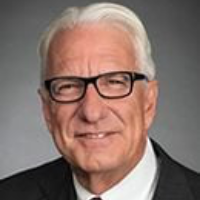Ethically Managing The Shiny New Toy: Ethical Obligations And Generative AI
By Edward J. McIntyre
One would have to have been living on another planet not to recognize that generative AI is upon us —and all the rage. Whether ChatGPT, Bing A.I., Bard or some other platform, it’s hard to miss the proliferation of information — and misinformation — about large-learning-model platforms. They’ll either miraculously transform the way we work, recreate, communicate — or will destroy it. Rest assured, there’s only more to come.



